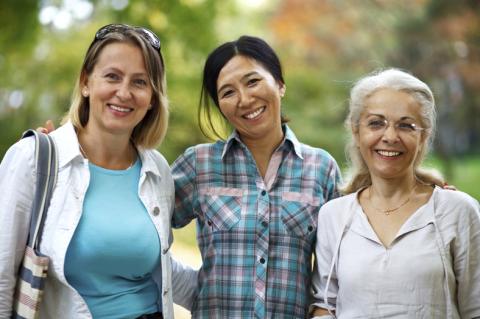Content Map Terms

Change is a part of life, but for many older adults, life changes can trigger depression. The loss of a loved one, the end of work, a change in roles, a drop in income, illness, or other events are common triggers.
It’s natural to feel sad sometimes, but when those feelings won’t go away, it’s time to get help. In older adults, depression may look like:
- loss of energy
- less interest and pleasure in usual activities
- reports of pain
- complaints about memory problems
Depression can be hard to see in older adults because seniors often have trouble admitting to being depressed. In fact, older adults are much more likely to report physical issues than emotional symptoms. Also, several symptoms of depression – including insomnia, fatigue, and a lack of energy – can occur naturally in older adults. If you have a history of depression you will be more likely to experience it later in life. Here are some other causes of depression in older adults:
- death of a spouse
- loss of control and independence (often due to illness and/or disability)
- loneliness and isolation
- lack of social networks
It’s important to treat depression early. The earlier it is detected, the easier it can be to treat. If you have symptoms of depression, make an appointment with your health care provider. Tell your doctor exactly how you are feeling so you can receive the appropriate treatment.
Did You Know?
Recovering from depression improves your body’s ability to heal and function and decreases risk of death.
Once you speak with your doctor you can also try the following:
- Find a support group
You may find it helpful to talk out your feelings with others who understand and won’t judge you. - Join a social club for older adults
It can be difficult to get out when you are feeling sad, yet your mood can improve when you spend time in social environments. - Make new friends or re-connect with old ones
These connections are important and can help older adults with loneliness. - Physical activity to boost your mood
Research shows there is a connection between being physically active, better mood, and lowered stress. Something as simple as a daily walk for at least 15 minutes can positively affect your mood.
Did You Know?
Older adults are more likely to have depression if they have a chronic disease, live in residential care facilities, or are caring for a family member.
